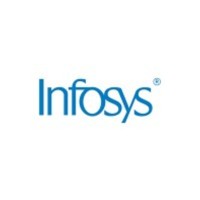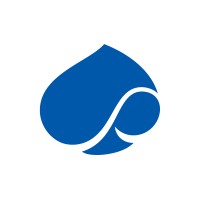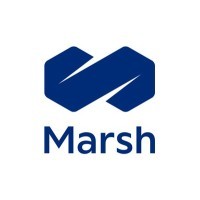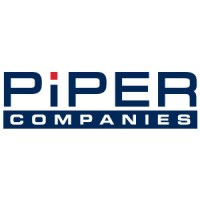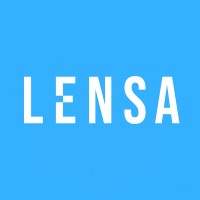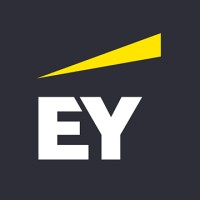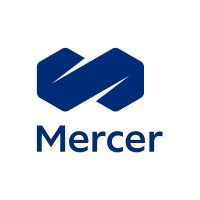Companies that use MEAN
MEAN (Mongo, Express, Angular, Node) is a boilerplate that provides a nice starting point for MongoDB, Node.js, Express, and AngularJS based applications. It is designed to give you a quick and organized way to start developing MEAN based web apps with useful modules like Mongoose and Passport pre-bundled and configured.
5,474
companies
